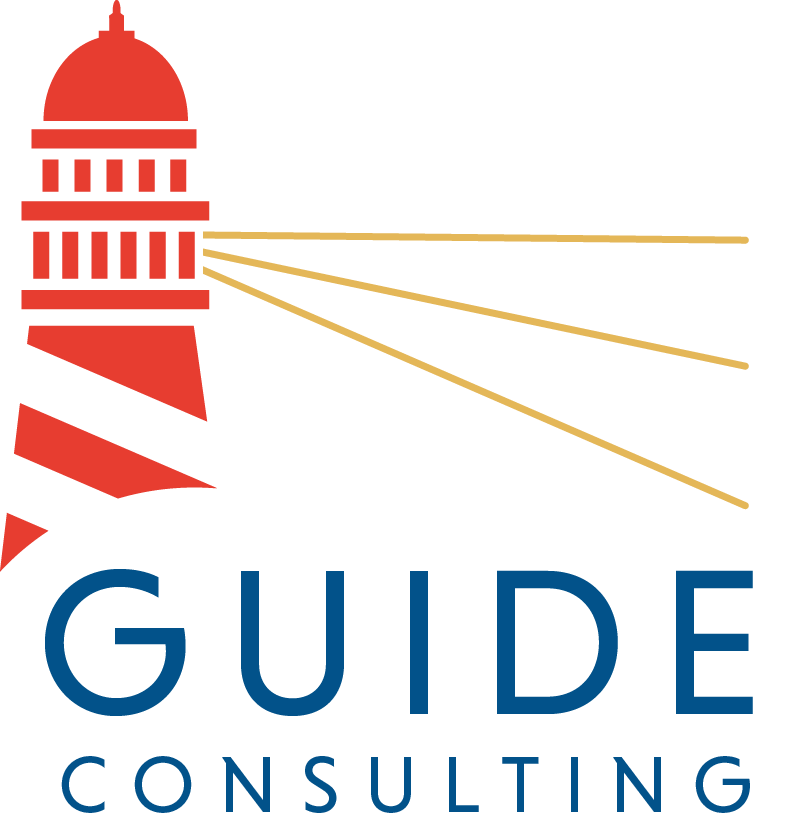Capitol Outlook: The 119th Traffic Jam
January 8, 2025 - In opting for a short-term Continuing Resolution (CR) to extend key health care programs and nearly all federal funding through March 14, the 119th Congress is now facing a potential health care traffic jam akin to the worst Beltway backups. Let’s take an offramp and briefly outline what might be on Congress’s route over the next few months.
PS: Missed our quarterly Capitol Outlook? If so, you can sign up HERE to personally receive our newsletters in the future.
NOMINATIONS
Senate floor time and a decent amount of political capital will be consumed with securing nominations for the Department of Health and Human Services (HHS) and the Centers for Medicare and Medicaid Services (CMS). The current selections could be referred to as unorthodox. For example, Robert F. Kennedy, Jr., the pick for HHS Secretary, possesses controversial views on vaccines and has in the past proposed a nationwide system of farms as a treatment methodology for substance use disorders. Simultaneously Dr. Mehmet Oz, the selection for CMS Administrator, is most well-known for his former role as a celebrity TV talk show host. Whatever the efficacy of these policy and clinical solutions, our point is that the Senate will be fighting rush hour traffic to get these nominations confirmed (and RFK Jr. might even end up enjoying bipartisan support).
THE EXTENDERS ARE BACK
For nearly 18 months, there have been discussions on the Medicare telehealth, Community Health Center (CHC) expansion funding, and Medicaid Disproportionate Share Hospital (DSH) delay extension. Without further congressional action, they are all now set to expire – again – in March. This is to say nothing of the substantial reforms to Pharmacy Benefit Management (PBM) practices across both Medicare and Medicaid which were nixed at the last minute from inclusion in the end of year package.
The continuation of the covid-era Medicare telehealth flexibilities is particularly important for mental health and substance use treatment providers. Previous extensions include continuation of reimbursement for so-called “audio only” telehealth visits, tele-mental health care offered by Federally Qualified Health Centers (FQHCs) and Rural Health Clinics (RHCs), and delayed implementation of the statutory in-person tele-mental health requirement. Additionally, as state Medicaid programs often mimic the federal telehealth waivers, hundreds if not thousands of Community Mental Health Centers (CMHCs) and Community Behavioral Health Organizations (CBHOs) – along with the patients they serve – would benefit from congressional telehealth wavier extensions.
REAUTHORIZATION OF SUPPORT ACT & PAHPA
The bipartisan SUPPORT Act was enacted in 2018 and signed into law by President Donald Trump to confront the emerging opioid crisis that to this day is still taking the lives of tens of thousands of Americans. Last reauthorized in 2019, the Pandemic and All-Hazards Preparedness Act (PAHPA) is a measure that aims to improve the nation's ability to respond to and prepare for public health emergencies. Neither of these laws were extended at the end of the 118th Congress. This could become problematic because the Trump Administration’s new Department of Government Efficiency (DOGE) has proposed the elimination of funding for all unauthorized federal programs.
BUDGET RECONCILATION PROCESS
The principal value of reconciliation bills is that they enable the U.S. Senate to bypass the filibuster and pass budget measures by simple majority votes. In the past, health care legislation – specifically large, proposed Medicaid funding reductions – has ridden on tax measures typically designed to cut corporate and individual tax rates. The current floor for Medicaid change is a nationwide work requirement that generates savings near $110 billion, with most of this savings from disenrollments. Additional revisions range from safety net hospital supplemental payment reforms and scaling back the matching rate for state Medicaid expansions to huge architectural changes like Medicaid block grants or per-capita caps.
In 2017, the Congressional Budget Office (CBO) scored this entire proposed package of Medicaid statutory modifications as saving $1 trillion over 10 years. At the same time, millions of low-income Americans would lose health insurance coverage and already-low Medicaid provider reimbursement rates would be further reduced while provider uncompensated care caseload would spike. These statements are a summary of the CBO reports from 2017.
WHO IS RUNNING TRAFFIC CONTROL?
Senate Majority Leader John Thune (R-SD) and House Speaker Mike Johnson (R-LA) will bear primary responsibility for sorting out the priorities described above and for keeping the trains running on time. We foresee at least two potholes: the very narrow House majority and the upcoming vote on lifting the federal debt ceiling.
On top of everything else, the Fiscal Year 2025 appropriations process must be brought to a conclusion. In these circumstances, it is not unusual for House and Senate conference reports to be agreed to sometime before the Easter recess (March 17-21).
During this extremely busy first session of the 119th Congress, count on Guide Consulting Services for regular Capitol traffic updates, administrative reports, and legislative delay advisories.
Via GCS

